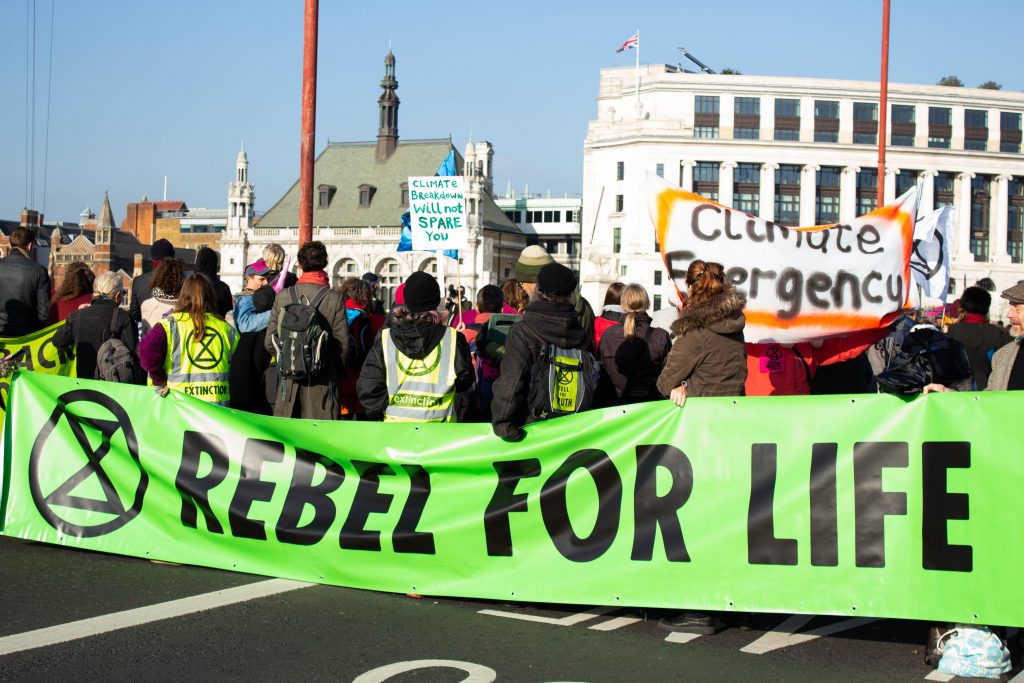
Planetary Futures: Rethinking Extinction and Conservation in the Anthropocene
Conference
University of Manchester
18-19 September 2025
About the Conference
We are so familiar with extinction that it is hard to imagine a world where nothing was believed to be extinct. Up until the eighteenth century, well-known losses, such as the Mauritian dodo, were attributed to human actions. In the later eighteenth century, scientific research helped establish the notion that extinction was inherent in the natural world and quickly underpinned new ideas about loss and endangerment. In the twentieth century, the emergence of ecology and new conservation movements heightened awareness of anthropogenically-induced species loss. Concerns about the growing rates of extinction from the 1960s onwards, coupled with the realisation that not all endangered species could be saved, prompted questions about conservation priorities and why some animals are valued more than others. More recently, enthusiasm for rewilding and the serious prospect of de-extinction have created new conservation strategies and the prospect of redefining extinction itself, reflecting humanity’s power to fundamentally remodel the natural world as part of the ‘Anthropocene’.
Encountering extinction primarily through prehistoric losses can trick us into imagining extinction as a primarily biological process or catastrophic loss caused by natural disasters. While understandable, this underplays how we contribute to, and make sense of, extinction. We are living through the extinction of many ways of being. We face losing many more kinds without taking action; yet, spurred by panic, it would be exceptionally easy to continue historical dispossession without profound care in the rush to act.
As the ecologist Rebecca Nesbit notes, conservation initiatives raise questions with no easy answers. Do all extinctions matter? Whose values count in determining conservation priorities? And what sacrifices is it acceptable to demand in the name of conservation? Nesbit also notes, importantly, that science alone cannot provide answers here. As the political scientist Audra Mitchell has recently explored, many notions of extinction and practices of conservation are still rooted in extractive, often violent, relationships with the natural world and our fellow beings. In response, they suggest we focus on the establishing good relationships as the basis of ‘Revenant Ecologies’ that allow us to pursue redress and renewal.
Drawing on these insights, this conference seeks to bring together scholars from across the humanities, social sciences, and natural sciences to foster critical perspectives on the nature of extinction, conservation practices and priorities, and the challenges of ensuring a sustainable future on this planet. The interdisciplinary nature of this conference is an important recognition that such questions require collaborative research and discussion. With an international line-up of distinguished speakers, the conference will feature a particular emphasis on the nature of extinction, practices of conservation, and social justice in a world of profound inequalities and widespread environmental concerns.
Confirmed Keynote and Plenary Speakers:
- Audra Mitchell, Canada Research Chair in Global Political Ecology, Wilfrid Laurier University. Author of Revenant Ecologies (2024).
- Craig Hilton-Taylor, Head of the IUCN Red List and expert in global conservation policy.
- Harriet Ritvo, Arthur J. Conner Professor of History, MIT. Author of The Dawn of Green (2009).
- Raf de Bont, Chair History of Science and the Environment, Maastricht University. Author of Nature’s Diplomats (2021).
Confirmed speakers include: Sadiah Qureshi, Duncan Wilson, Aurora Fredriksen, Adam Searle, Clara Dawson, Hannah Dickinson, Chris Manias, Simon James, Helen Cowie, Sotirios Mikros, Monica Vasile, Matthew Holmes, Anita Lateano, Heather Craddock, Joseph Hamm, and Leora Green.
Registration for the conference will be free and is open to any discipline and career stage. We also have funding to cover one night’s accommodation for all speakers. We are particularly keen to encourage postgraduates and early career researchers to join us. As such, we also have a limited number of travel bursaries to support the participation of postgraduate students and staff on temporary contracts.
Any questions? Please contact the Organisers.
Professor Sadiah Qureshi
Dr Duncan Wilson






0 Comments